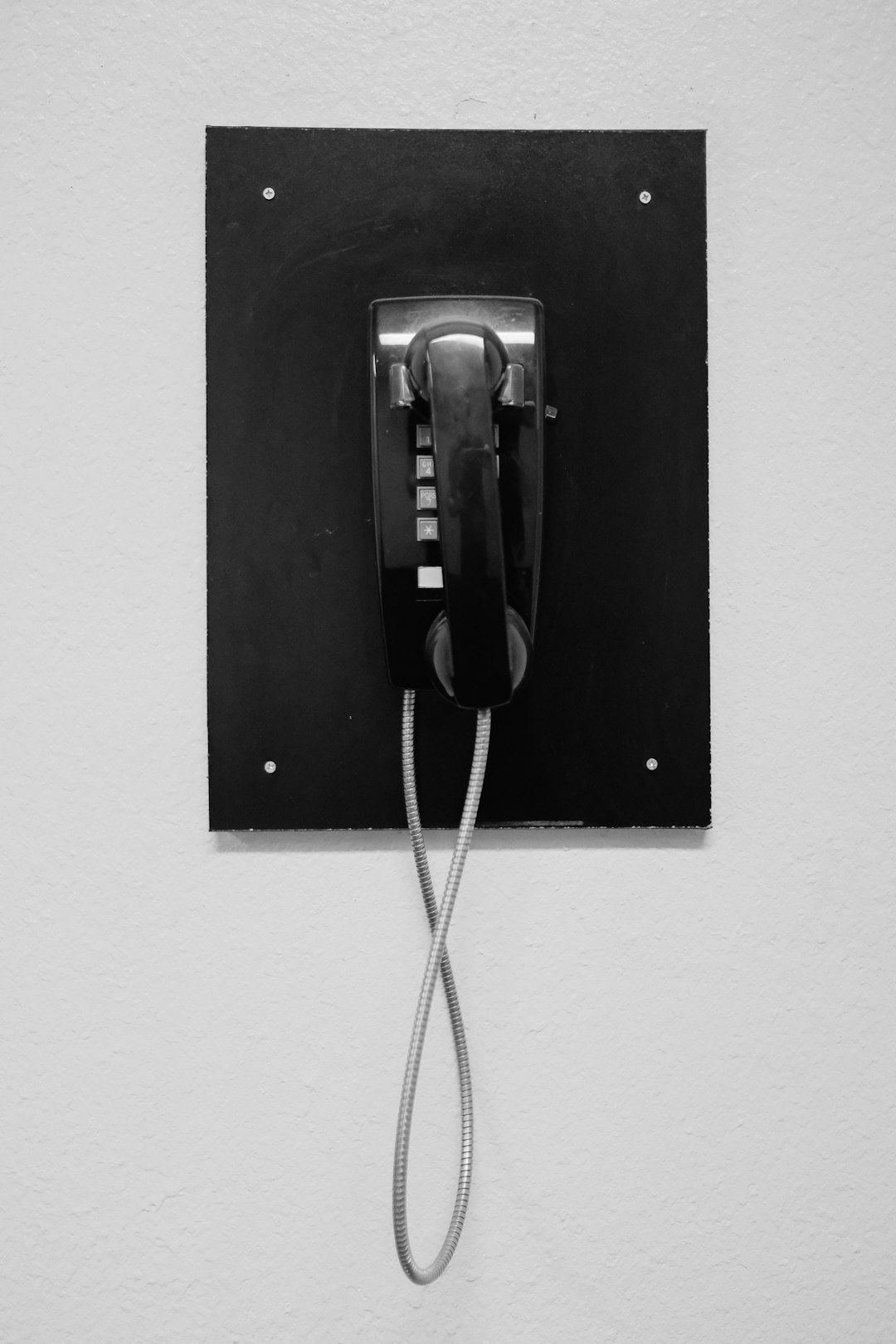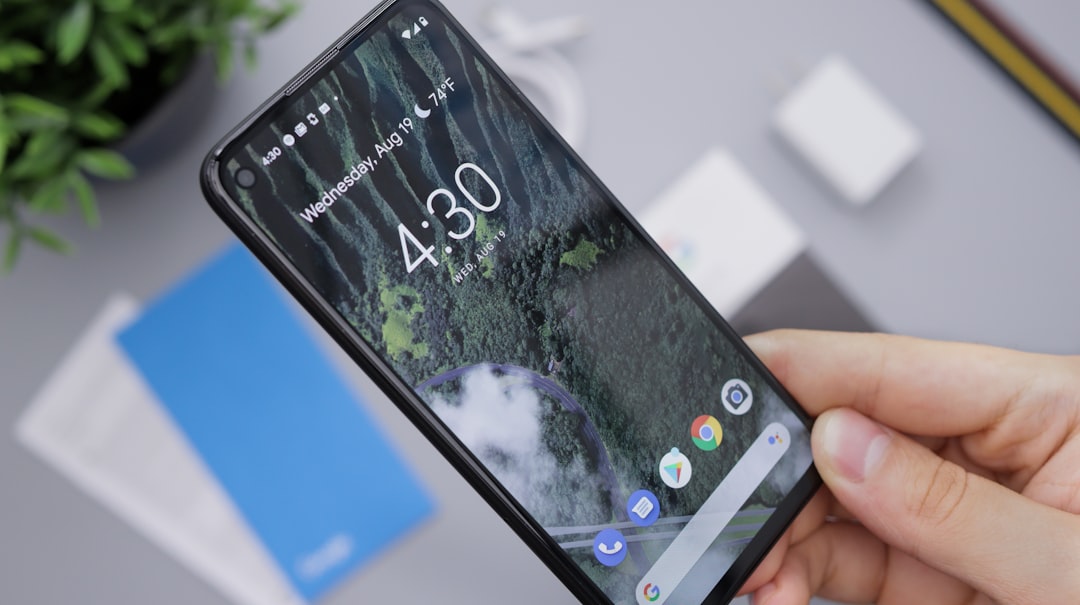Chicago's anti-spam laws, driven by the Do Not Call (DNC) registry, protect residents from unsolicited text messages, especially from law firms. The Illinois Telephone Consumer Protection Act (ITCPAA) prohibits marketing texts without explicit consent, with strict compliance guidelines enforced by the Attorney General. Law firms must obtain prior permission and implement personalized opt-out mechanisms to avoid fines and maintain client trust.
Chicago, a city known for its robust legal scene, also boasts stringent anti-spam policies, particularly regarding text messaging. This article explores the intricate web of Chicago’s legal frameworks aimed at curbing unwanted text messages, especially those from law firms. We delve into ‘Do Not Call’ regulations specific to legal entities, highlighting enforcement mechanisms and penalties. By understanding these laws, law firms can effectively navigate Chicago’s landscape, ensuring compliance and fostering client relationships without infringements.
Understanding Chicago's Anti-Spam Laws

Chicago, like many cities, has stringent laws in place to combat spam and protect consumers from unsolicited text messages, particularly from law firms. These regulations are designed to prevent intrusive marketing practices and give individuals control over their communication preferences. The key to understanding Chicago’s anti-spam laws lies in the Do Not Call (DNC) registry and the specific rules governing legal communications.
Consumers who register their phone numbers on the state or national DNC lists can expect a significant reduction in unsolicited calls or texts from various entities, including law firms. In Illinois, the Attorney General’s office oversees compliance with these laws, ensuring that businesses, including legal practices, adhere to strict guidelines when initiating contact via text message. By respecting these regulations, Chicago residents can enjoy greater privacy and peace of mind, knowing their communication choices are protected.
Legal Framework for Text Messaging

In Chicago, the legal framework governing text messaging, particularly in relation to spam, is primarily guided by state and federal regulations. The Illinois Telephone Consumer Protection Act (ITCPAA) plays a crucial role in protecting residents from unwanted text messages, including those from law firms. This act prohibits the use of automated dialing systems or pre-recorded messages for marketing purposes without prior express consent.
For law firms looking to communicate with potential clients via text, it’s essential to understand and adhere to these laws, especially regarding the “Do Not Call” lists. Firms must obtain explicit permission from recipients before sending any promotional text messages. This means that Chicago residents who have opted-out of receiving such communications under the Do Not Call law are protected, ensuring a spam-free environment for consumers.
Do Not Call Regulations for Law Firms

In Chicago, law firms are subject to strict Do Not Call regulations aimed at curbing unsolicited phone marketing. These policies are in place to respect consumer privacy and prevent annoying or deceptive practices. Firms must obtain explicit consent from potential clients before initiating any telephone outreach, ensuring that calls are made for legitimate business purposes only.
Compliance involves implementing robust internal protocols, training staff on permitted communication methods, and utilizing technology to manage call lists. Failure to adhere to these rules can result in significant fines and damage to the firm’s reputation. Therefore, Chicago law firms must stay informed about evolving regulations related to Do Not Call laws to maintain ethical marketing practices and foster client trust.
Enforcing and Avoiding Spam Penalties

In Chicago, legal policies regarding spam text control are strictly enforced to protect consumers from unwanted and deceptive messaging. Law firms operating in this area must adhere to strict guidelines to avoid penalties, which can include substantial fines and reputational damage. One of the primary measures is ensuring explicit consent before sending any marketing or promotional texts, especially when targeting potential clients. This means that businesses must obtain clear permission from individuals who have agreed to receive such communications.
Moreover, Chicago’s legal framework prohibits automated or mass text messaging without a valid opt-out mechanism. Law firms are encouraged to use personalized approaches, such as manually compiling contact lists and allowing recipients to choose whether they wish to subscribe to text updates. By respecting consumer choices and maintaining transparency, businesses can navigate the legal landscape effectively and avoid the pitfalls of spam penalties, ensuring a harmonious relationship with their clients and prospects alike, while adhering to the “Do Not Call” laws in effect for law firms in Chicago.






